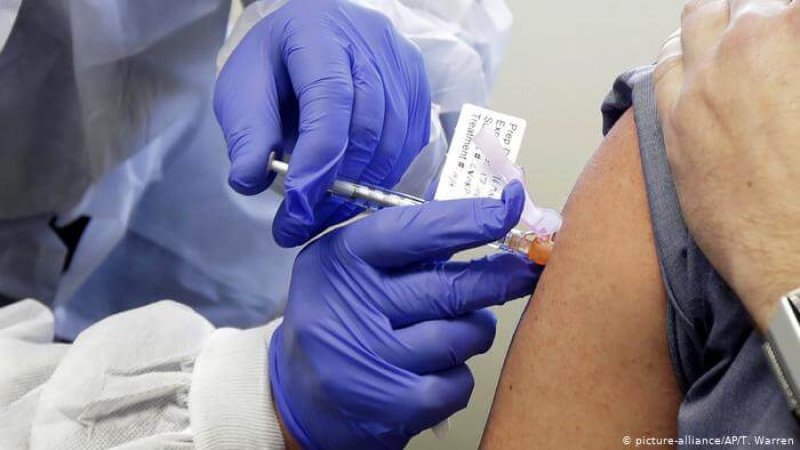Annual flu shots don’t need to go through clinical trials every time they are adjusted for each year’s flu strain, because the backbone of the vaccine was already clinically tested and licensed and doesn’t change. That might create an expectation that a Covid-19 vaccine can also arrive rapidly—an expectation that cannot be met, because there is no licensed coronavirus vaccine. “One thing that concerns me is whether the pressure to get it out quickly won’t reduce the commitment of testing it in a variety of population groups that could react differently,” [emeritus professor Stuart] Blume adds.
…
That caution comes in part from reactions to some of the formulas in which the quickly-created 2009 pandemic [H1N1] flu vaccine was delivered. A small number of children in Sweden and Finland developed narcolepsy, a neurological disorder in which people fall asleep unpredictably during their waking hours, after receiving a version of the 2009 vaccine.
…
Several months later, the government of Australia reported that up to 1 child out of 100 had fevers and convulsions after receiving a different vaccine formula that contained the 2009 strain.
…
The unanswered question is whether those lessons will be listened to. “The last, awful act of any pandemic,” [physician Howard] Markel says, “is amnesia.”































